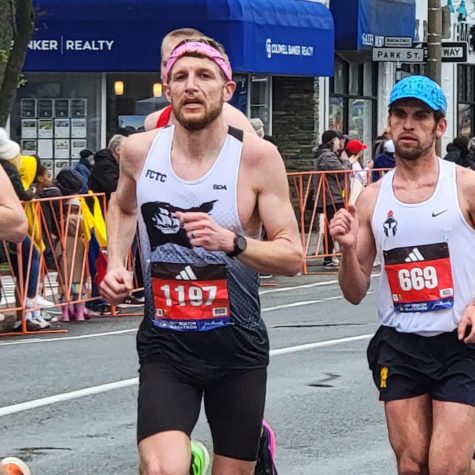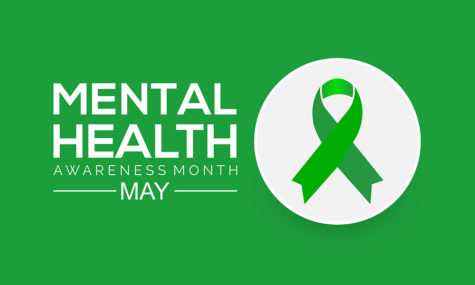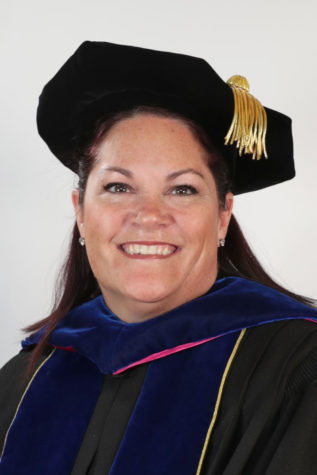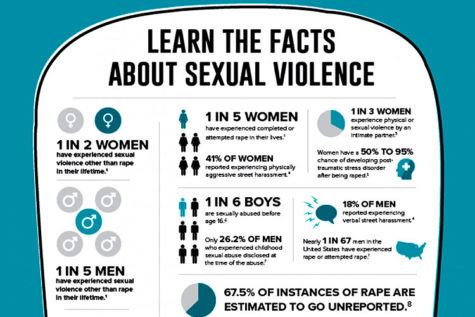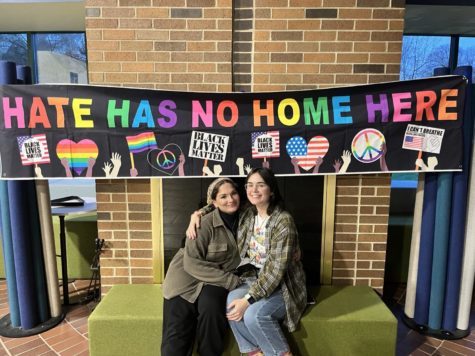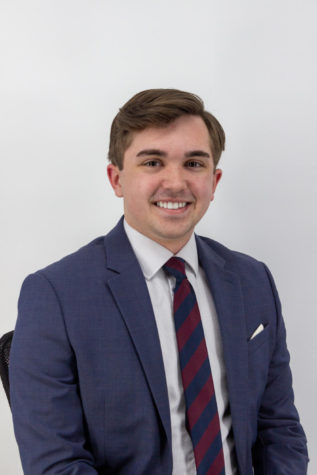RSCO Feature: Anti-Human Trafficking Club
March 27, 2022
One very unique opportunity afforded to Mercyhurst students is the Anti-Human Trafficking Club, a student cell that works not only around the school, but also in the community and even around the world!
Human trafficking is a very prevalent issue. According to the International Labor Organization, human trafficking is estimated to bring in global profits of about $150 billion per year, with an estimated $99 billion of that coming from sexual exploitation. According to the Polaris Project, nearly 9,000 cases were reported in the United States—though it is added that this data is not complete, as cases often go severely unreported.
The club at Mercyhurst does its part to bring these numbers down and try to prevent others from being a victim. You may have also heard of the club referred to as the Anti-Human Trafficking Cell, a part of the Anti-Human Trafficking Club, which was formed a few years ago. The overall mission of the club is to do its part in combating human trafficking. The cell consists of two branches—the analysis branch and the operational side of the branch—with students having the opportunity to choose one or do both.
Elizabeth Reese, senior Intelligence Studies and World Languages and Cultures major, is a student coordinator for the club.
“The analysis portion of the club works with non-governmental organizations to write reports on human trafficking in areas of interest, which have included country studies on Colombia, Brazil, India, Thailand and the African Axis (Nigeria, Niger and Libya),” said Reese. “Our reports are used to give actionable information to law enforcement to help identify what human trafficking looks like in different regions.”
The operational branch of the club does a lot within the community, according to Samantha Strom, junior Intelligence Studies and Criminal Justice major.
“Members of the operational side go out in the community and do many things,” said Strom. “Some of which include talking with young students, hotels and other areas of interest to the coalition to raise awareness.”
The club offers many events that are engaging and important for students, such as guest speaker events and other opportunities to become involved in the cause. Recently, student members of the coalition had research shared with Exodus Road. This is an honor not only for the students, but for the university as well. The work done by the group is incredibly helpful to non- governmental organizations doing the work to combat human trafficking around the world and saving many lives. The club also participates in The SOAP (“Save Our Adolescents from Prostitution”) Project, in which bars of soap wrapped with a red band with the National Human Trafficking Hotline number are distributed. Members of the club were trained by community coalition members this past year to be able to participate in this. Additionally, the club works with the 211 service to include human trafficking responses to help victims access assistance quickly and easily. The club has also recently came out with a pilot program in which they speak to high school students and raise awareness, and the club works with Exodus Road.
Reese adds that the club is interested in growing, and though it is made up of a lot of Intelligence Studies students, any student can join the club.
“Though Analyst positions are typically available to junior Intelligence Studies students, the operational branch has spots open for underclassmen and students who are not part of the Intelligence program,” said Reese. “Any student interested in helping with this can reach out to me, Deborah Davies, or Brennan Perrycannon.”
Being a part of this club is an experience that is both valuable and rewarding to students involved—one of the biggest features to the club is being able to help others all around the world by participating. Both Reese and Strom remarked that their time in the Anti-Human Trafficking Club has been very fulfilling for them.
“This is a great cause and we are all proud of the work we do to try and help in any way that we can,” said Strom.
“I would say that this work is the most fulfilling work I have done in my time at Mercyhurst,” said Reese.
In addition to the club, Mercyhurst also offers a class about Human Trafficking, which is a Sociology course taught by John-Danzell, Ph.D. Students also have the opportunity to learn about this in other courses, such as courses focused on money laundering. As part of all of the efforts at Mercyhurst to combat human trafficking, the club also works in the community, with an Anti-Human Trafficking Coalition existing in the Erie community. The student club works with the coalition on many things, with Professor Deborah Davies overseeing all operations and coordinating among the club and the community. Mercyhurst also offers community sessions to help raise awareness among the Erie community.
This club offers several opportunities to become involved not only locally, but around the world. Students are granted the opportunity to help others and prevent sex trafficking from happening to others. By joining this club, you will truly make a difference in the lives of others and help to combat the problem of sex trafficking—even if you do not join, this club truly needs to be recognized and supported.

